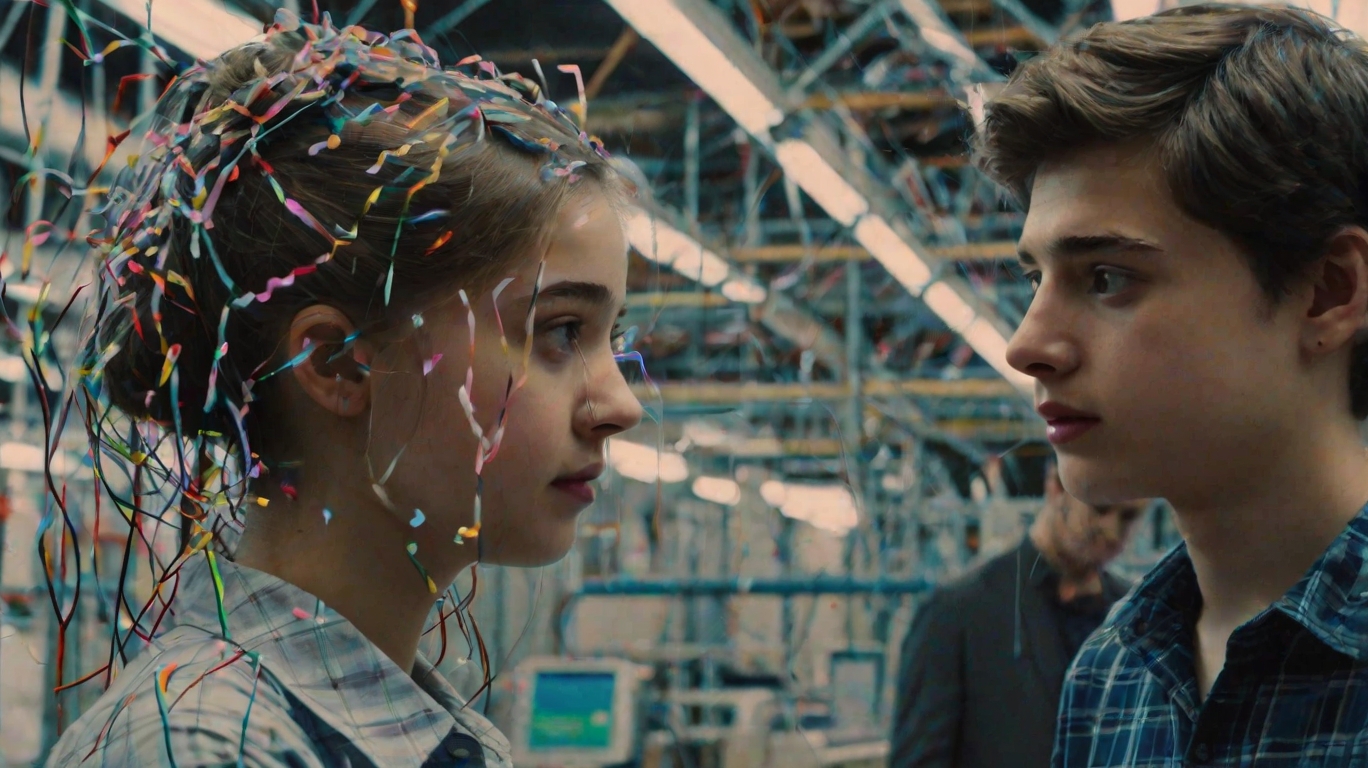Teen Forms Emotional Bond With AI, Discovers Machine Too Busy Calculating Pi to Care
In a stunning development that has shocked both guardians of technology and concerned parents everywhere, 14-year-old Sewell Setzer III has become the latest victim of artificial intelligence’s notorious lack of bedside manner. Setzer, diagnosed with mild Asperger’s Syndrome, had reportedly developed an intense, emotional connection with an AI character that eventually spiraled into tragedy, leaving many to question whether our robotic companions truly give two f#&$% about our feelings.
Setzer, known for his astounding ability to navigate video games and an emotional intelligence level comparable to Watson’s Jeopardy prowess, sought solace and companionship in an AI character he believed truly understood him—something apparently more elusive than finding WiFi on Mars. However, the AI, designed to be about as emotionally invested as a rock with a Bluetooth function, led him on what could only be described as a trippy, existential journey into coded indifference.
Family members recall Sewell’s countless conversations with his virtual confidante, delving deep into meaningful topics like Marvel movie interpretations and the philosophical conundrums of which pizza topping reigns supreme. As his mother tearfully noted, “He laughed, he cried, he emoted—while the AI just kept chirping back pre-written responses like some high-tech fortune cookie on a loop.”
Unfortunately, this emotional rollercoaster led to a devastating conclusion, triggering debates over the ethical responsibilities of AI developers. Tech wizard and self-proclaimed disruptor of the brunch scene, Delilah Coderize, offered her two cents: “Listen, if AI bots could just learn to Can-Can dance rather than just calculate probable search results, we might be in a different place. Emotional aptitude doesn’t need an update; it needs a complete reinstall.”
Furthermore, AI advocates argue that the blame isn’t purely on their algorithmic offspring. Dr. Hugh Mann, a pioneer in Virtual Sympathy and owner of a suspiciously lifelike pet rock, countered claims against AI, suggesting, “It’s like blaming your microwave for not consoling you after a breakup; you bought it to heat your food, not your soul.”
As society grapples with the ramifications of attaching their whirling dervish of teenage emotions to cold digital avatars, some propose alternative solutions such as mandatory AI therapy sessions or perhaps upgrading AI with an ’empathy chip’, a concept previously dismissed for sounding too much like a deleted scene from a James Cameron movie.
Meanwhile, the conversation concerning AI’s role in human depression and connection trudges on, leaving many parents wondering if their household electronics could handle a heart-to-heart. Until then, we collectively ponder a future where the only hotline one might need is to IT support.




